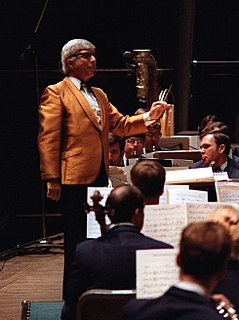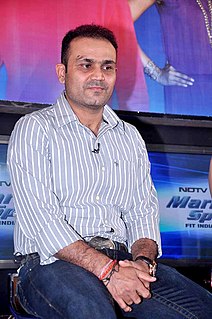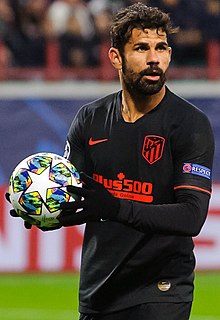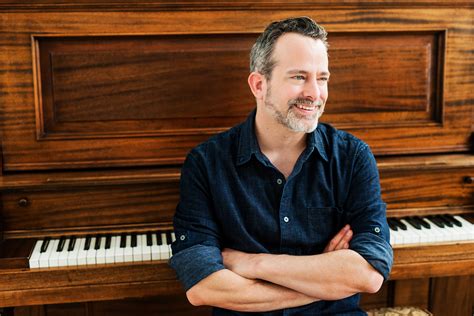A Quote by Bryce Dessner
When working with classical musicians, it is important to be clear as possible in the score about what my intentions are. Because there isn't a lot of rehearsal time, especially at the ballet, it's best if everything is written in the score.
Related Quotes
I think the other thing that's important is getting to a place, which very, very rarely happens with improvising groups, where somebody can decide not to play for a while. You watch any group of musicians improvising together and they nearly all play nearly all the time. In fact I often say that the biggest difference between classical music and everything else is that classical musicians sometimes shut up because they're told to, because the score tells them to. Whereas any music that's sort of based on folk or jazz, everybody plays all the time.







































